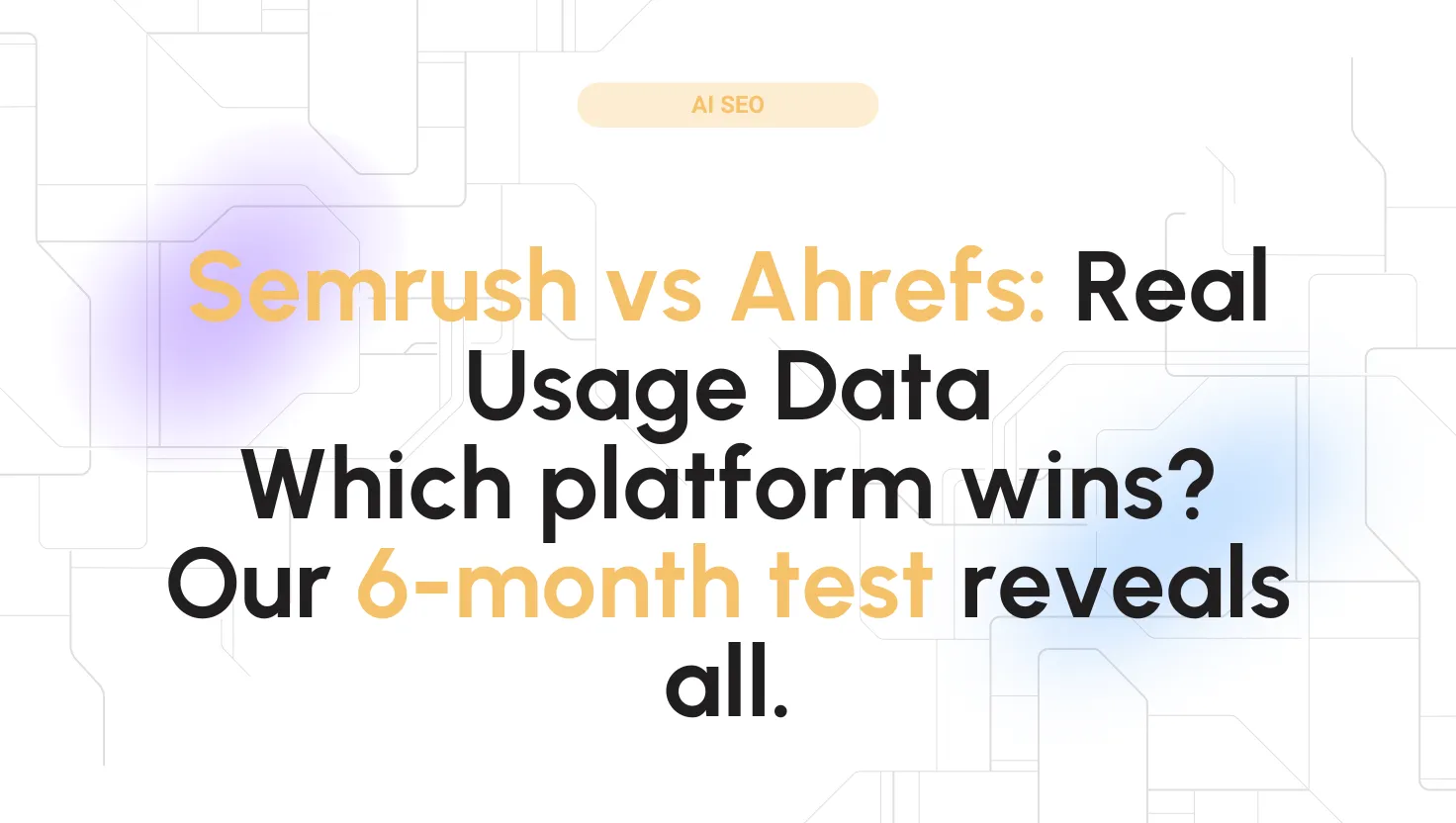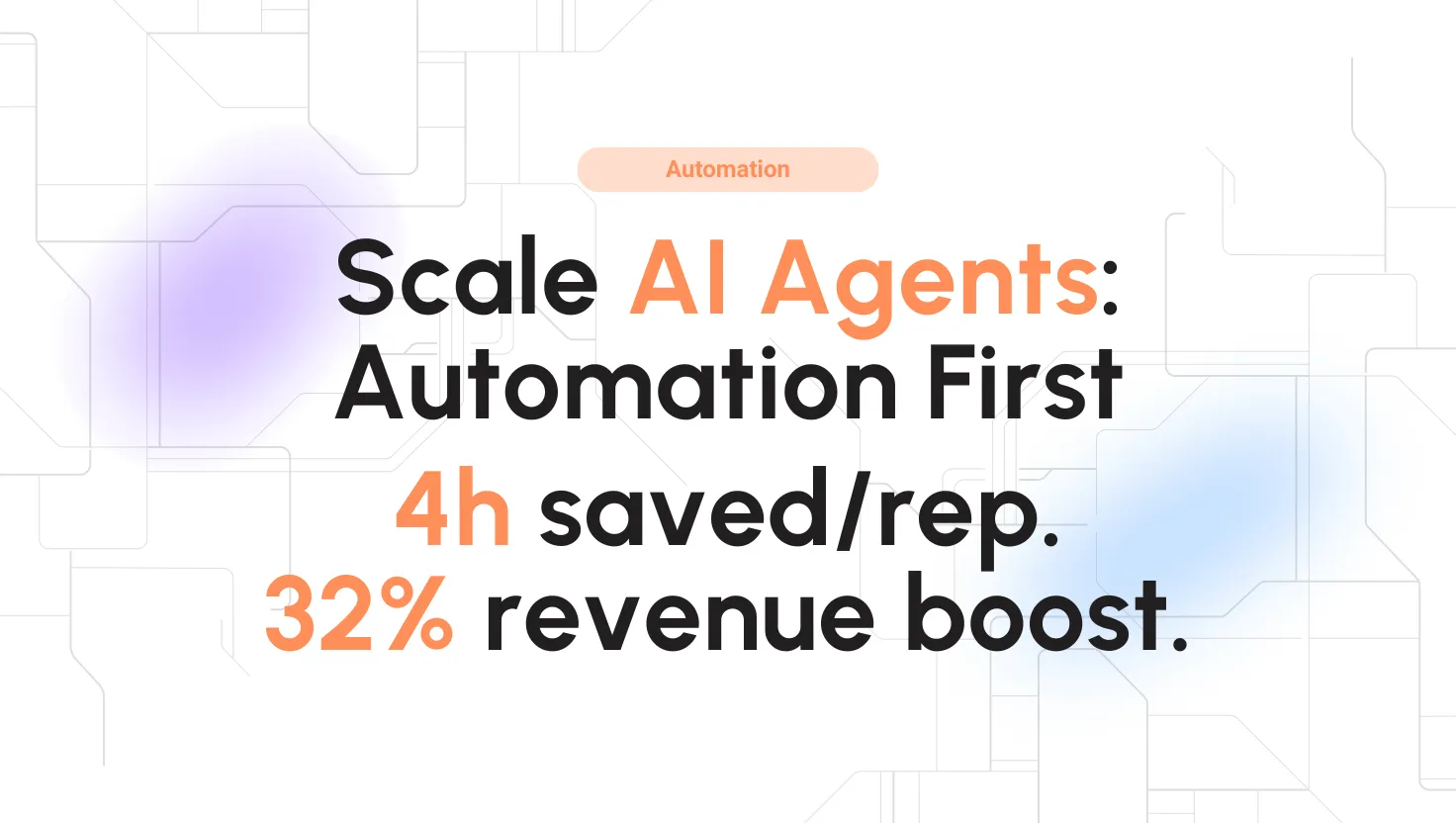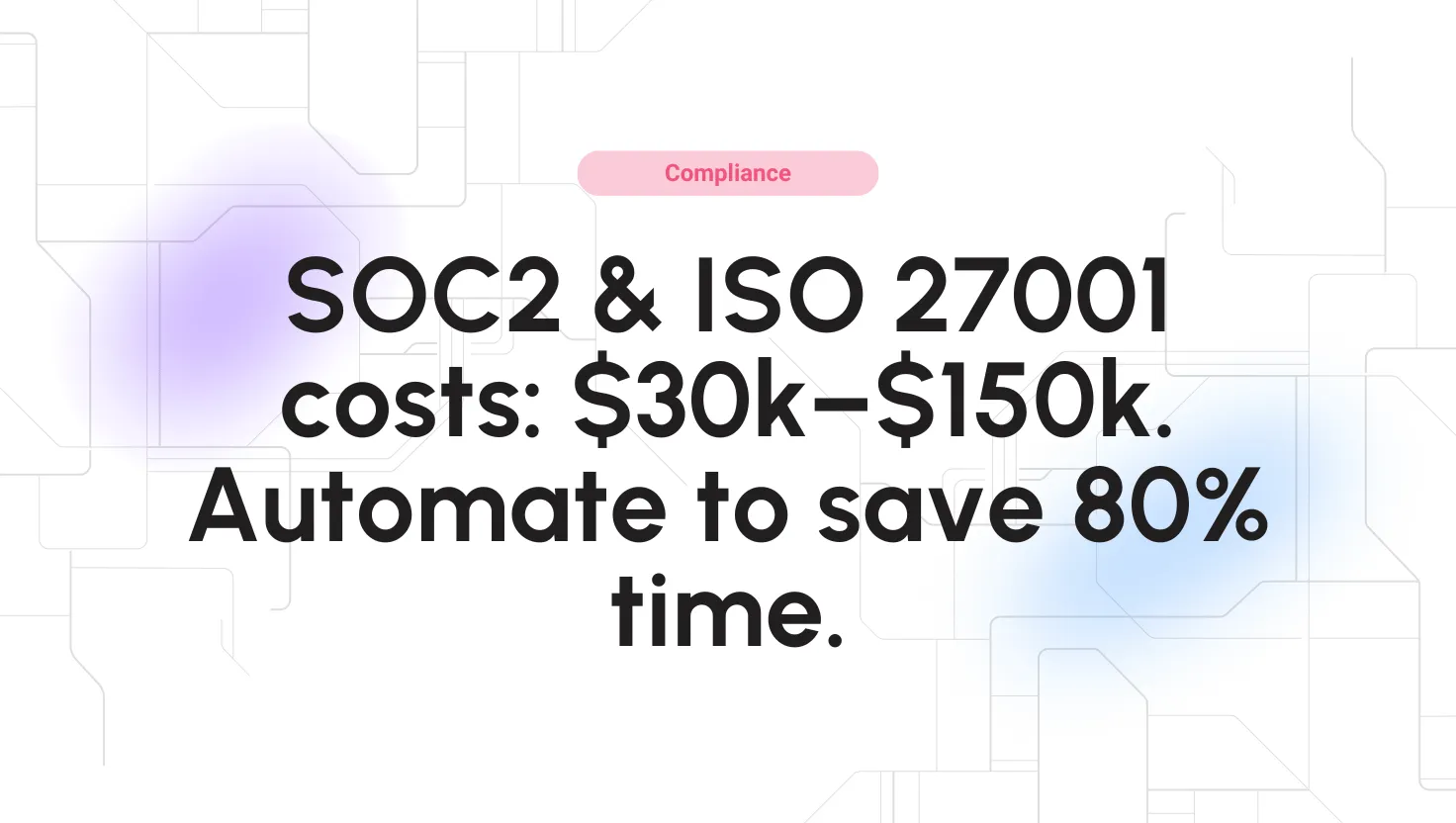
Miro Reviews for 2026
Save 40% on your SaaS stack with expert guidance
Free Consultation
What is Miro?
Miro is an online collaborative whiteboard platform designed to facilitate remote teamwork. It provides a wide array of tools for brainstorming, project planning, workflow management, and diagramming, making it a versatile solution for various professional use cases.
Features include an infinite canvas, pre-built templates, real-time collaboration, and integration with popular tools like Slack, Jira, and Google Drive.
Miro benefits teams by enabling them to visualize ideas, manage projects efficiently, and foster creative collaboration, whether they are working on product development, strategy planning, or conducting virtual workshops. It is ideal for teams in design, product management, engineering, marketing, and more, offering a centralized space to innovate and collaborate effectively across different locations.
By using Miro, organizations can streamline their processes, enhance communication, and accelerate decision-making, ultimately boosting productivity and creativity.
Awards
Found in these Categories
Best For
- StartUps
- Small Business
- Medium Business
- Large Enterprise
- Non-profit Organization
Miro Pricing
Free Plan
Starter Plan
Business Plan
Looking to Save Time & Money
Audit, consolidate, and save—powered by our internal buying team. Let our experts analyze your current software stack and identify opportunities for cost savings and efficiency improvements.
- Stack Audit
- Cost Reduction
- Expert Team
Miro Features
- Brainstorming
- Calendar
- Content Management
- Discussions/Forum
- File Sharing
- Messaging
- Project Management
- Real Time Editing
- Screen Sharing
- Versioning
- Task Management
- @mentions
- API
- Access Controls/Permissions
- Action Item Tracking
- Action Management
- Activity Tracking
- Activity/News Feed
- Agenda Management
- Agile Methodologies
- Alerts/Notifications
- Asset Library
- Asset Sharing
- Assignment Management
- Attendee Management
- Audio Calls
- Backlog Management
- Bar Chart
- Business Process Automation
- Campaign Analytics
- Change Management
- Charting
- Chat/Messaging
- Client Management
- Collaboration Tools
- Color Codes/Icons
- Commenting/Notes
- Communication Management
- Component Library
- Conferencing
- Customer Profiles
- Customizable Templates
- Dashboard
- Data Import/ Export
- Data Linking
- Data Management
- Data Security
- Data Visualization
- Dependency Tracking
- Design Management
- Design Templates
- Desktop Interface
- Diagramming
- Digital Canvas
- Display Ad Management
- Document Embedding
- Document Storage
- Drag & Drop
- Drag & Drop Editor
- Due Date Tracking
- Employee Photos
- Engagement Tracking
- Evaluation Management
- Feature Library
- Feedback Management
- Flowchart
- For Mobile
- For Small Businesses
- Freehand Sketch
- Gamification
- Gantt/Timeline View
- Goal Setting / Tracking
- Graphical Data Presentation
- Graphical Workflow Editor
- IT Reporting
- Idea Management
- Idea Ranking
- Ideation
- Import Tasks
- Innovation Management
- Interactive Elements
- Internal Meetings
- Issue Auditing
- Issue Management
- Issue Tracking
- Iteration Management
- KPI Monitoring
- Kanban Board
- Knowledge Management
- License Management
- Live Chat
- Marketing Calendar
- Media Planning
- Meeting Management
- Meeting Preparation Tools
- Meeting Room Booking
- Milestone Tracking
- Mind Maps
- Mobile Access
- Mobile App
- Mobile Interface
- Mockup Creation
- Multi-Department/Project
- Multi-board
- Negative Feedback Management
- Network Diagram
- No-Code
- Notes Management
- Org Chart Creation
- Organizational Charting
- Planning Tools
- Polls/Voting
- Presentation Tools
- Prioritization
- Process Change Tracking
- Process Modeling & Designing
- Product Lifecycle Management
- Product Roadmapping
- Progress Tracking
- Project Planning
- Project Planning/Scheduling
- Project Scheduling
- Project Workflow
- Prototype Creation
- Publishing / Sharing
- Real-Time Notifications
- Real-Time Synchronization
- Real-Time Chat
- Real-time Updates
- Release Planning
- Remote Access/Control
- Remote Support
- Reporting/Project Tracking
- Request Management
- Requirements Management
- Resource Management
- Retrospectives Management
- Roadmapping
- Role-Based Permissions
- Scheduling
- Screen Capture
- Search/ Filter
- Service Level Agreement (SLA) Management
- Single Sign On
- Sketching and Annotation Tools
- Sprint Planning
- Status Tracking
- Strategic Planning
- Supports Scrum
- Surveys & Feedback
- Tagging
- Task Editing/ Updating
- Task Planning
- Task Progress Tracking
- Task Scheduling
- Task Tagging
- Team Management
- Template Management
- Templates
- Third-Party Integrations
- Time & Expense Tracking
- Time Tracking
- To-Do List
- Traditional Methodologies
- UI Prototyping
- UX Prototyping
- User Journeys
- User Management
- User Research Analysis
- Video Chat
- Video Conferencing
- Visual Modeling
- Visual Workflow Management
- Visualization
- Web-based Deployment
- Whiteboard
- Widgets
- Wireframe Creation
- Workflow Configuration
- Workflow Management
User Sentiment - Miro Reviews
-
User-Friendly Interface
Many users appreciate Miro’s intuitive and easy-to-navigate interface. The drag-and-drop functionality makes it accessible for individuals without technical backgrounds to create complex diagrams and workflows.
-
Collaborative Features
Miro’s real-time collaboration tools are frequently praised. Users can simultaneously work on the same board, making it an excellent tool for team brainstorming sessions and remote work. The presence of video chat, screen sharing, and comments further enhances collaboration.
-
Versatility and Integration
Reviewers highlight Miro’s versatility in accommodating various use cases, from project management to creative brainstorming. Its ability to integrate with other tools, such as Slack, Trello, and Jira, makes it a central hub for different workflows.
-
Templates and Resources
The availability of pre-built templates is a significant advantage for users who want to quickly get started without designing from scratch. These templates cover many needs, from Agile workflows to strategic planning.
-
Cross-Platform Accessibility
Users commend Miro for its accessibility across different devices, including desktops, tablets, and smartphones. This cross-platform support ensures that teams can stay connected and productive regardless of their device preferences.
-
Performance Issues
Some users report performance lags, especially when handling larger boards with numerous elements. This can be a hindrance during critical collaborative sessions.
-
Pricing Concerns
While Miro offers a free tier, several users find the pricing of premium plans to be on the higher side, particularly for small teams or startups. There are calls for more flexible pricing options.
-
Learning Curve for Advanced Features
Although the basic functions are user-friendly, some users find the more advanced features to have a steep learning curve. Better onboarding tutorials and more detailed documentation could help mitigate this issue.
-
Offline Functionality
A common user request is for improved offline functionality. Currently, Miro’s reliance on an internet connection can be a limitation in environments with unstable connectivity.
-
Export Options
Users have noted that the export options are somewhat limited. Enhancing the ability to export boards in higher-quality formats would be a valuable addition.
Leave a Review
Miro Company Details
Own this Software?
Miro vs. Similar Products
Select up to 3 Software, to enable Comparison
Compare Selected SoftwareEditorial Review: Miro Deep Dive
Table of Contents
Miro is a visual collaboration tool tailored to empower teams of diverse industries. The platform offers powerful features to improve creativity and efficiency within a team. Miro ensures seamless teamwork from ideation to execution. As businesses increasingly adopt remote work models, shared platforms like Miro become even more essential.
This in-depth Miro review will explore its features, capabilities, pricing structure, integrations, and benefits, showing why it has earned the status of the best visual collaboration software solution today.
Overview of Miro
Miro was developed as RealtimeBoard by Andrey Khusid and Oleg Shardin in 2011 but quickly evolved into one of the leading visual collaboration platforms. The tool was rebranded in 2019 to more accurately represent its mission of providing teams worldwide with versatile digital workspaces.
Over time, Miro’s real-time collaboration tool attracted an enthusiastic user community due to its intuitive user experience and robust features, satisfying the needs of small teams and large enterprises alike.
Miro focuses on user experience and scalability. It provides advanced diagramming tools and enterprise-grade security features. In this section of the Miro software review, we take an in-depth look at its history and features, which combine to form an efficient solution for modern team collaboration and project management needs.

Features and Benefits – Explained
Numerous Miro features facilitate team collaboration and project management. Its digital whiteboard functionality enables teams to brainstorm, plan projects, create visual presentations in real-time, and integrate seamlessly with popular tools like Slack, Jira, and Google Drive.
This eventually improves workflow efficiency. In addition, Miro supports asynchronous collaboration via sticky note templates and has a vast library of pre-designed frameworks for agile methodologies and design thinking.

Miro focuses on user experience and scalability. It provides advanced diagramming tools and enterprise-grade security features. In this section of the Miro software review, we examine its history and features, which combine to form an efficient solution for modern team collaboration and project management needs.
-
Digital Whiteboards and Sticky Notes
Miro digital whiteboards offer teams an efficient platform for brainstorming, planning, and visualizing ideas in real-time. Sticky notes facilitate rapid capture and organization of thoughts on the board – supporting dynamic ideation sessions.

- Enhanced Collaboration: Allows for simultaneous contributions by multiple team members regardless of location, fostering creativity and teamwork.
- Visual Organization: Visual organization can aid the smooth rearrangement of ideas and concepts on the board for improved clarity as well as structure during discussions.
- Real-Time Updates: Changes can instantly be seen by all participants, fostering fast feedback loops and iterative improvements.
-
Real-Time Collaboration and Screen Sharing
Miro facilitates real-time collaboration by enabling team members to work simultaneously on one board at the same time, with screen-sharing capabilities enhancing communication by directly presenting work from within it.

- Increased Engagement: Engage attendees actively during meetings and collaborative sessions by encouraging active participation and idea sharing.
- Efficient Decision-Making: Enabling instant feedback and consensus-building to speed project timelines.
- Remote Accessibility: Teams can collaborate from any location, reducing physical meetings while improving remote work efficiency.
-
Extensive Template Library
Another noteworthy feature of Miro is templates. This tool provides a selection of pre-designed templates for different use cases, such as agile workflows, project planning, and design sprints. These structured frameworks streamline project setup and methodology implementation.

- Time Savings: Speed project launch by using ready-to-use templates that reduce setup time and increase productivity.
- Consistency: Maintains uniform project methodologies across teams for increased clarity and alignment.
- Customizability: Templates can be tailored to specific project needs, accommodating diverse preferences.
-
Integration Capabilities
Miro offers over 100 integrations that seamlessly link with popular tools like Slack, Jira, and Google Drive. These integrations streamline workflows within Miro to enable seamless data sharing and collaboration. Miro’s integration with a wide range of tools sets it apart from its competitors.
- Workflow Integration: Centralize project-related information and communication channels into one location to reduce context switching while increasing efficiency.
- Enhanced Collaboration: Miro facilitates cross-platform collaboration by enabling teams to utilize existing tools while taking advantage of Miro’s visual and collaborative features.
- Accessibility: Ensure easy and swift access to integrated data and resources to promote collaboration across them.
-
Advanced Diagramming and Process Mapping
Another benefit of Miro is that it offers advanced diagramming tools with support for BPMN, UML and AWS shapes. This ultimately allows comprehensive visualization of processes, systems, and workflows.

- Clarity and Insight: Visualize complex concepts and dependencies for enhanced understanding and decision-making processes.
- Process Optimization: Process optimization helps identify inefficiencies and bottlenecks in workflow processes to enable proactive adjustments and improvements.
- Strategic Planning: Support strategic decision-making by offering an in-depth view of project structures as well as interdependencies.
Is Miro a free tool?
Miro offers a free plan, providing teams and individuals looking to boost their collaborative efforts an excellent starting point. Here is an overview of their free plan as well as an examination of Miro’s paid plans:
Free Plan Overview
Miro offers unlimited team members access to one workspace through its free plan, providing three editable boards. Users take advantage of its vast library of over 2500 templates – ideal for quickly setting up agile workflows, brainstorming sessions, and strategic planning initiatives.
Furthermore, it can be seamlessly integrated with over 100 apps, such as Zoom Slack Drive, for seamless collaboration management and workflow organization.
Here are the key reasons why the free plan is beneficial- Cost Efficiency: Miro is cost-effective for teams, startups, and individual users whose budget is quite low.
- Exploration and Experimentation: Miro allows users to test its features and functionality without incurring a financial commitment to determine its suitability for their collaboration needs.
- Community Access: Join an energetic community of users, access shared templates, and gain insights on maximizing Miro’s potential.
Advantages of using Miro
Miro is widely recognized as the best visual collaboration software. It boasts numerous advantages that extend throughout various organizational landscapes, making it an essential asset for modern teams. Here are the major benefits of Miro.
Collaboration and Real-Time Interaction
Miro is distinguished by its real-time collaboration capabilities, interactive whiteboards, and dynamic features. It offers a platform where they can brainstorm, plan projects, and execute ideas effortlessly – not only does this increase productivity, but it fosters creativity by encouraging team members to work as though in one room together.
Versatility in Integration and Workflow
When it comes to Miro integration, this tool can be connected with 100 of essential tools like Zoom, Slack and Google Drive – helping teams unify all their tools into one centralized platform and streamline processes while decreasing context switching.
This eventually increases efficiency while creating an ideal working environment.
Extensive Template Library for Diverse Needs
Miro offers over 2500 customized templates for specific use. Ranging from agile methodologies to design sprints, Miro templates are tailored for quick project launches. This software allows teams to leverage these pre-made frameworks to start projects promptly while saving valuable setup time.
The goal is for teams to focus on driving innovation instead of spending hours setting everything up from scratch.
Scalability and Cost-Effectiveness
It provides solutions tailored to fit the diverse organizational needs of both startups and large enterprises alike. Miro’s pricing structure features both robust free plans and affordable paid options for teams of all sizes, providing organizations the freedom to scale collaboration efforts without compromising functionality or exceeding budget constraints.
User-Friendly Interface and Accessibility
Miro is designed for users at all technical levels. The intuitive user experience makes Miro easy for newcomers and helps reduce the learning curve associated with adopting new tools, speeding onboarding time and increasing overall user satisfaction.
Teams can focus on performing collaborative tasks rather than spending their energy navigating complex software, ultimately increasing productivity and collaboration efficiency.
Security and Compliance
Miro prioritizes data security, adhering to stringent industry standards such as ISO/IEC 27001 and using cutting-edge security features like Single Sign-On (SSO) and domain control to protect sensitive projects and comply with regulatory requirements.
Organizations using Miro can rest assured that their data will remain protected while working collaboratively or securely storing confidential information.
Pros and Cons of Miro
- Improved Collaboration
- Versatile Features
- Real-Time Updates
- Integration Capabilities
- Accessibility
- Customizability
- Learning Curve
- Cost of Premium Features
- Dependency on Internet Connectivity
- Complexity in Large-scale Deployments
Final Thoughts on Miro
Miro is an invaluable tool for real-time collaboration and team productivity across different projects, offering real-time communications between team members as they work on them simultaneously. During this review, several advantages of Miro became clear.
Miro’s integrations with popular platforms such as Slack and Google Drive streamline workflows, while its extensive library of templates offers fast project launches tailored specifically for different needs, ranging from agile methodologies to creative design sprints.
Miro offers flexible pricing plans designed to accommodate startups on tight budgets and larger enterprises seeking advanced features and support. Furthermore, its dedication to security, with features like Single Sign On (SSO), ensures compliance with industry standards while protecting sensitive data.
Miro is an invaluable visual collaboration tool despite some potential drawbacks, such as its learning curve for new users and the need for reliable internet connectivity. This is because of its user-friendly interface and comprehensive features. Miro enables teams to innovate and collaborate effectively.
Are you ready to experience Miro’s transformative power?
Register a free account now and find out how Miro can transform your team’s collaboration efforts! Whether streamlining workflows for startups or improving project management in large corporations, Miro allows teams to achieve more collaboratively than ever before.
Miro Frequently Asked Questions
Miro is designed to be user-friendly, especially for collaborative projects. You start by creating a board, where you can then use pre-built templates or create your own layouts. Tools like sticky notes, freeform pens, and various widgets help organize and visualize ideas. You can collaborate in real-time with team members using features like video chat, presentations, and interactive canvases.
Miro is a versatile digital workspace commonly used for brainstorming, project planning, user story or customer journey mapping, and more. It supports diverse activities, from strategy and ideation to complex diagramming and workshops, making it ideal for teams to collaborate across various functions and locations.
Miro board is an interactive digital whiteboard that allows users to organize thoughts, ideas, and projects visually. It offers an infinite canvas on which to add, move, and edit content such as notes, shapes, and diagrams collaboratively.
Miro facilitates collaboration and innovation among teams, allowing users to engage in various activities like mapping, sketching, designing, and sharing ideas in a shared online workspace. It integrates with many tools and supports various project management and creative processes.
Miro and Figma cater to different stages of the design and collaboration process. Miro is best suited for ideation, brainstorming, and initial planning stages, offering a broad canvas for freeform collaboration. Figma, on the other hand, is more focused on the interface design and prototyping stage of product development, providing detailed design and prototyping tools.
Some users find Miro’s extensive feature set overwhelming, and navigating the platform can be challenging for newcomers. Additionally, while Miro facilitates collaboration, managing large boards with extensive content can sometimes lead to performance issues.
Miro and Jira serve different purposes but can complement each other in a project management context. Miro is ideal for visual collaboration and brainstorming, while Jira is more focused on issue tracking and agile project management. Also, Miro integrates well with Jira, enhancing its planning and visualization capabilities.
Miro and Visio cater to different needs. Miro excels in collaborative, creative, and agile workflows, making it ideal for teams needing dynamic interaction. Visio, however, is better suited for detailed diagramming and technical drawings with its extensive set of diagramming tools and templates.
Miro is best for activities that benefit from visual organization and collaborative input, such as strategic planning, brainstorming sessions, agile project management, and interactive workshops. It supports a wide range of business functions and industries.
Miro is highly effective for educational purposes, providing a dynamic platform for teachers and students to engage in collaborative learning. Its tools support a variety of educational activities, from classroom brainstorming to complex project planning and online workshops.
Startups can use Miro to facilitate agile development processes, brainstorm new ideas, map out customer journeys, and plan product roadmaps collaboratively. Its flexible, scalable environment supports rapid growth and adaptation, which is crucial for startups.








